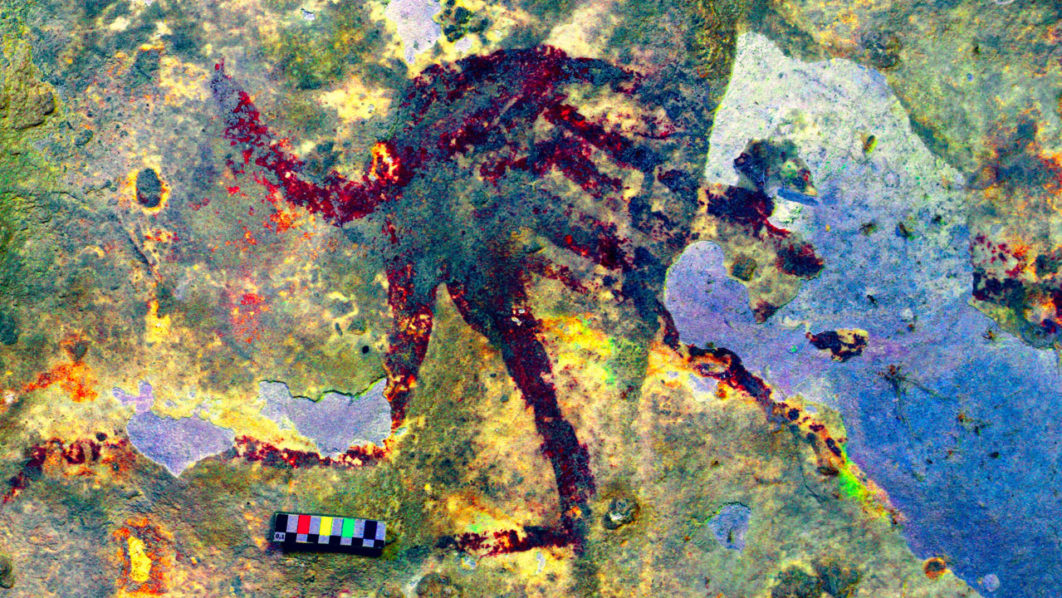
RESTRICTED TO EDITORIAL USE – MANDATORY CREDIT “AFP PHOTO/RATNO SARDI/GRIFFITH UNIVERSITY ” – NO MARKETING – NO ADVERTISING CAMPAIGNS – DISTRIBUTED AS A SERVICE TO CLIENTS
Concerned about the increasing provocation against artistic freedom in Kano, a non-governmental organisation, Unchained Vibes Africa (UVA), has advocated for mutual resolution as an alternative to the revocation of artistic projects.
Additionally, UVA believes that the censorship laws revoke several art projects in the name of regulation conflict with the Nigerian Constitution and international conventions.
Speaking at a stakeholders’ engagement on Saturday in Kano, UVA Executive Producer, Ayodele Ganiu, lamented that Kano ranks highest with 85 per cent of cases of violations of artistic freedom in the country.
Ganiu said the violations, which include licence revocations, arrests, and detentions of artists, among others, were gross abuses of the global artistic right to freedom.
Specifically, Ganiu called for a review of Kano Censors Board rules to address areas of conflict with the constitution, adding that Nigeria has obligations to implement human rights treaties such as the International Covenant on Civil and Political Rights (ICCPR) and the UNESCO Convention on the protection and promotion of the diversity of cultural expression.
When asked whether the group was mindful of the cultural and religious inclinations of the Northern region in its advocacy, Ganiu argued that “there are many contradictions in the enforcement and application of culture and religion in the activities of the censorship board that need critical attention.”
He explained that the stakeholders’ engagement was aimed at bringing various key players together to dialogue and find common ground to address the challenges. The UVA executive maintained that it is not enough to campaign and criticise the Censors Board and government officials but to foster mutual understanding among stakeholders.
He said, “Artists globally are agents of social change, and we have the responsibility to use our projects to challenge the government when they go wrong. But in a situation where the government, in turn, sets up an agency like the Censorship Board to regulate our work, it is a gross violation of our freedom.
“We came to Kano because we monitor violations of artistic freedom, how artists are being denied the right to express themselves. Licences are being revoked, and artists are being arrested and detained. In our records, 85 per cent of these cases are from Kano.
“So, what we are trying to achieve here is to reach out and engage the Censors Board to realise that people have rights, and artists also have rights as responsible and active citizens who use their work to play and perform their civic responsibilities.”
Earlier, the Chairman of the Kano State Censorship Board, Abba Al-Mustapha, said the board was established to regulate and provide a level playing field for artists to guard against blasphemous utterances, slander, and abusive language, among others.
Al-Mustapha pointed out that members of the artistic community are encouraged to remain conscious of the sensitivity of religion and cultural norms in their artistic works. He added that, as practitioners, artists should be agents of social change and not polluters of society.



![[FILES] A picture shows the Argentinian flag. (Photo by DANIEL LEAL-OLIVAS / AFP)](https://cdn.guardian.ng/wp-content/uploads/2020/11/Argentina-.jpg)


